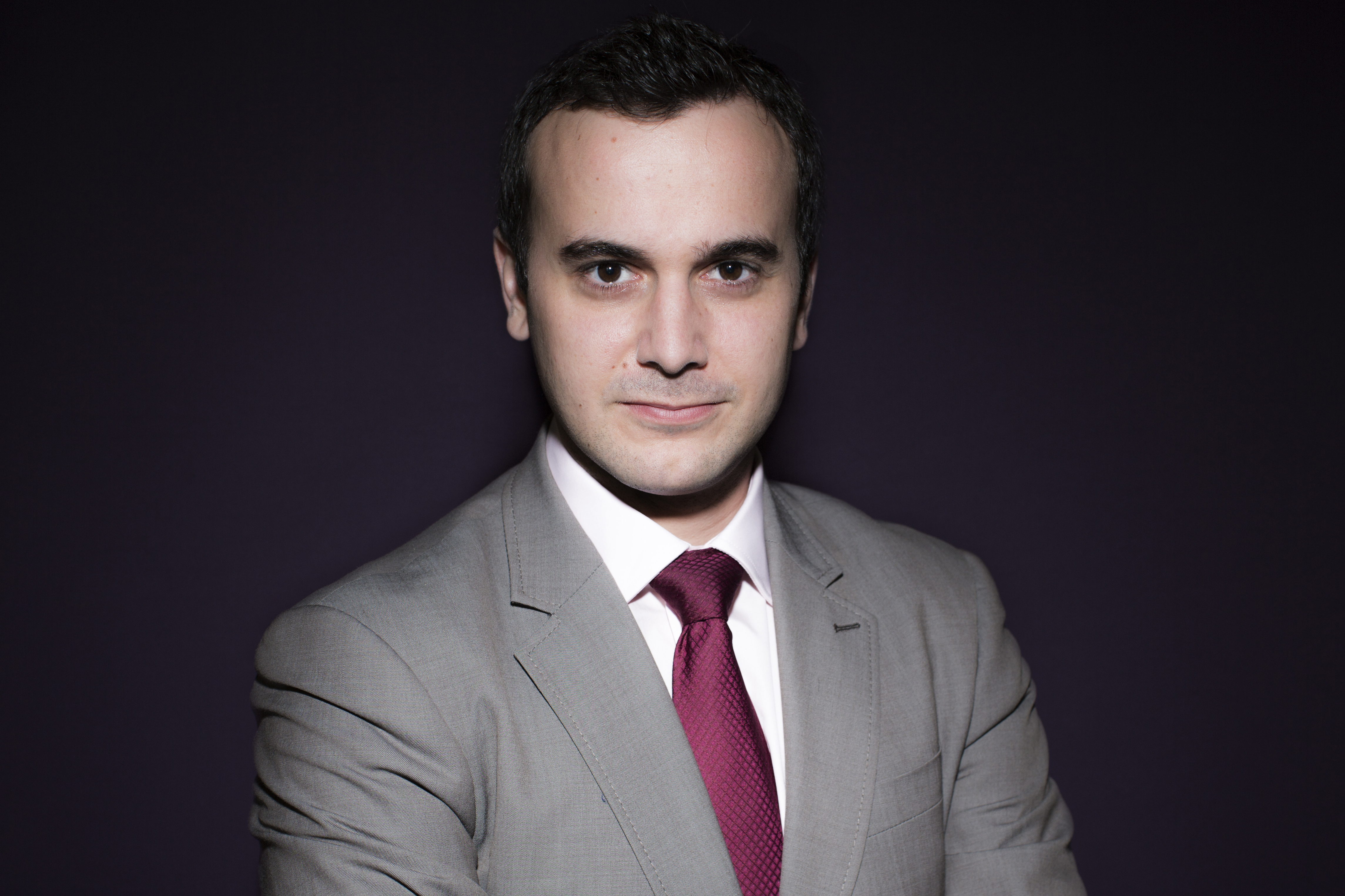What's next for Europe after Brexit?
Vivien Pertusot was interviewed after the vote in United Kingdom in June on what the consequences of Brexit are for the future of the European Union.
The Brexit vote has sent shockwaves through Brussels and the capitals of the EU member states. It is clear that the Union is going to change. Yet the discussion of what these changes should be is just beginning and there is not enough agreement even on the format of this discussion, according to Vivien Pertusot, head of the Brussels office of France’s leading foreign policy think tank, French Institute of International Relations (IFRI). France, in fact, may play an important role in this discussion, but nothing is going to clear up before elections in France and Germany in 2017.
Russia Direct: After the Brexit referendum, there has been and will be a lot of discussion about what shape the EU is going to take in the future. What are the main schools of thought today in Brussels on this subject and what do you think is actually going to happen to the EU?
Vivien Pertusot: It is hard to say at this stage. After the Brexit vote, for the first week and a half there was a sense of disbelief and shock. No one really believed that the UK voted out and maybe some even thought it could be reversed and Brexit would not be implemented. There was a state of shock over the fact that a very important country may actually leave the European Union — this could be perceived as a beginning of some form of disintegration.
It took several days for Brussels and the EU member states to take stock of the referendum and to start thinking about what comes next. You see that with a variety of signs. First, there will be a kind of reflection meeting at the end of September in Slovakia, during the Slovak presidency, where the heads of states and governments will meet informally to discuss the future of the European Union and the kinds of steps that should be taken.
Then you’ve had a variety of meetings that took place across Europe in different formats. Some of them took place in the format of the founding countries [Belgium, France, Germany, Italy, Luxembourg and the Netherlands], some in the format of the Visegrad countries [Hungary, Poland, Slovakia and the Czech Republic].
And all had the same focus point — what’s next for the EU after Brexit? And all of them came to the same conclusion that there should be a new dynamic for the European Union, and we should do more. There is a call for more action at the European level.
But beyond that fairly broad ambition, you have clear disagreement and clear divergences among member states, not just between the Visegrad countries and the founding countries, but also within those groups. And the question is: Do we want further integration?
Read the interview

Media:
Share





